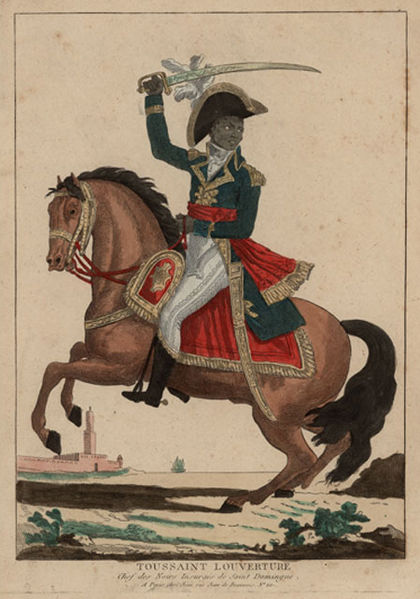Sometimes you just feel too tired to care about art. You don’t always want art to enrich your life and to give you something to think about. Sometimes you just want to be entertained, to be comforted, and to forget your sad, sad life.
The other day was Valentine’s Day, and I was single for the first time in living memory. Okay, well, for the first time in a while. I thought about going to see The Young Victoria again, by myself, but I ended up just eating mini peanut butter cups from Trader Joe’s on the couch while catching the end of The Princess Diaries 2 on TV. My roommate and I fawned over Julie Andrews’ eternal ability to bring class to even the most vulgar moving pictures, while I (secretly) fawned over Chris Pine, aka Anne Hathaway’s princely love interest aka Captain Kirk in the new Star Trek. Under normal circumstances, this actor would be too much of an all-American hunk for my taste (Spock’s lanky alienness is much more my style), but hey, these are desperate times.
The only thing I had around to call a constant, doting companion was my 50-lb killing machine, aka Benita the pitbull. We drove around in the zipcar and sang along to “Live my Life,” when it came on the radio. I wondered aloud, “When will T.I. get out of jail, Benita?” But she just looked out the window, apparently uninterested in this topic of conversation. We also heard the Young Money song “Bed Rock” on three occasions in just one car ride. Benita looked at me skeptically when I tried to sing along to that song, and I knew her expression conveyed only too much truth; my heart, indeed, no hearts, were involved in making that little ditty.
When women are sad in commercials and movies, we often eat unhealthy things and talk with our mouths full to a sympathetic friend on the cordless phone. But I didn’t feel like doing that. Or maybe, (shh) I’d already tried doing that, but no one picked up. I felt like smoking a pack of cigarettes, that was certain, but what to accompany this token self-destructive behavior?
These are the entertaining things I would have liked to do, and may comfort you too if you happen to cross a lonely patch:
1. Watch Star Trek
This 2009 movie was probably my favorite of all. I saw it 3 times in theaters! Many observed that this movie combined features of Star Trek and Star Wars. Really, I think people were just trying to say that it was entertaining, like Star Wars, and not boring, like Star Trek. But hey, in the end I sorta agree. Captain Kirk is reincarnated as Han Solo, and Uhura comes off as a self-possessed, sexually emancipated, smarty pants gal in the mold of Princess Leia. There is even a comedic duo serving the same purpose as C3P0 and R2D2, this time as O’Brien and his little bear-like friend. Lord knows Star Trek TOS has no such comedic duo. The point is, there were great movies in 2009, and then there were the cultural landmark movies of 2009, those that will endure in our cultural memory and be watched over and over again. Their lines will be repeated among nerd friends, and the characters, though clearly already borrowed from archetypical personalities, will go on to make new cinematic tropes. The two movies from 2009 with the honorary title of “cultural landmark” were Star Trek and Inglourious Basterds, and I would watch either of those movies any day of the week. Cultural tropes are exactly what sad people need to feel like they are still people, because cultural tropes help us feel connected to the larger world.
2. Listen to Destroyer
Even on bad days, you know you can’t feel that much worse than Dan Bejar typically does. Sometimes his guitar solos sound exactly like your howling soul: full of pathos, longing, frustration, and a touch of mania, they whine and flail, but eventually relent back into the fold of the melody, momentarily satiated.
3. Listen to the Moz
Obviously.
4. Watch Law & Order: SVU
I know what you’re thinking; daftpop, what kind of sick sonuvabitch watches this show and feels comforted? Well, here’s the idea: sometimes it helps to remember that a.) someone’s life is waaaay worse than yours and b.) that law & order still prevail in this great land, even if only in the great land of television. It also doesn’t hurt to spend 40 minutes of quality time with Olivia Benson, played by Mariska Hartigay, the finest lady ever to grace a police uniform. I sometimes get excited when Benson has to go “undercover,” meaning the writers find some excuse to put her in evening formal wear for a portion of the show. SMOKIN!!!!
These things have always worked for me. What works for you?




